The Soldiers
A Motley Mix
They were the weaver, boatman, puddler, painter, stonemason, and laborer; city
dwellers, mostly from Philadelphia, farm boys and immigrants, primarily Irish
and German; Camp Discharge reflected the Union Army’s social mix. The Civil
War brought them together as a volunteer force—and threw them into the
most horrific battles: Antietam, Gettysburg, Fredericksburg, the Wilderness,
Chancellorsville, Cold Harbor, Petersburg, even Sherman’s March to the Sea.
Their experiences in combat, and for many, of prolonged captivity, left them
older than their years.
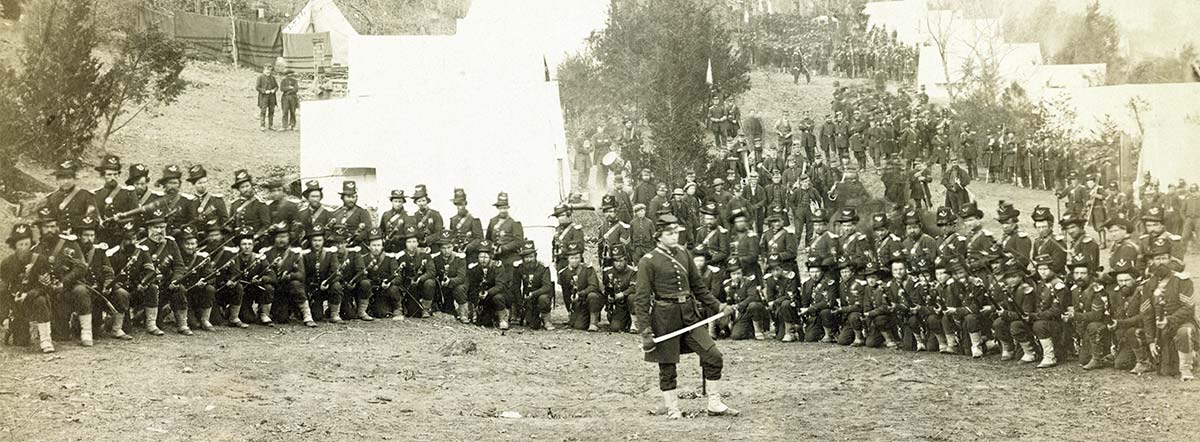
Discharge; fifty-nine were Andersonville survivors. Fourteen of the men were
from its Co. H, pictured above early in the war.
Library of Congress
What Became of Them?
Some went on to become leading citizens of their communities while others were
wanderers. Some had abundant family lives and others languished on society’s
margins. Some died young. Others lasted well into their eighties. From pension
files, diaries, biographies, newspaper accounts, census records and other
documentary evidence Back From Battle chronicles the postwar
lives of 23 individual officers and enlisted men of Camp Discharge. Below is a
sample of those profiles.
Joseph Corson
Joseph Kirby Corson of Plymouth Meeting, the camp’s assistant surgeon, went on
to practice medicine with his father for a time but soon rejoined the Army. He
was a military surgeon until 1897, serving at Army posts around the country.
From New York City he was transferred to Carlisle, Pa., then Wyoming,
Nebraska, and back to Wyoming. From there, in order, to Alabama, upstate New
York, Arizona twice, Missouri, and Washington, D.C. Corson’s western exploits
included fossil digs with visiting paleontologists. He even had three fossils
named after him, “my only chance for immortality,” he quipped in his memoir.
He also played a part in the improved training of the medical corps.
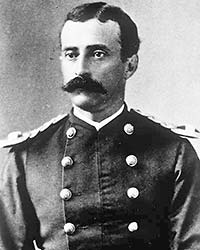
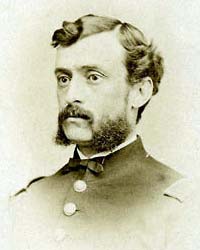
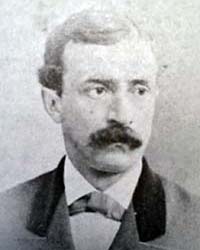
Corson retired with the rank of surgeon—and in 1899 was awarded the
Medal of Honor for bravery for his rescue of a wounded soldier under fire at
Bristoe Station, Va., in 1863, when he was with the 35th Pa. Infantry.
Corson wrote his memoir
in 1910 and died three years later, at age 76. He is buried in
West Laurel Hill Cemetery.
Mark McCusker
Mark McCusker would undergo the trials of Job. The Irish-born weaver had
enlisted in the 69th Pa. Infantry in 1861, at age 26. A year later, during the
Battle of Antietam, an exploding shell wounded him in the right hand, back and
thigh. The hand was left partially paralyzed. In June 1864, McCusker was
captured during action at Petersburg, Va., and shipped to Andersonville. There
he would suffer permanent eye damage that doctors later diagnosed as “atrophy
of the optic nerves.” Another survivor who had known McCusker at Andersonville
told a pension examiner that countless prisoners suffered swollen eyes from
lying on the damp, cold ground without shelter. The problem was exacerbated by
caustic wood smoke from the cooking fires they would tend. McCusker was freed
from Rebel hands in April 1865 and discharged from the army two months later.
He returned to Philadelphia, married, and found work as a weaver—but he
would find no peace. In 1880, his employer told a pension examiner that
McCusker’s eyes “gradually became diseased, a greenish blue scum coming over
the balls of each eye,” and his work deteriorated. By 1883 McCusker was living
in an almshouse in South Philadelphia, a jobless alcoholic with “the
appearance of a tramp.” Because the Camp Discharge medical team had treated
him as an outpatient, they’d kept no records on him—so the pension
examiner decided there was no conclusive evidence that his impairment was due
to his service. McCusker’s application was still pending when he died in 1885,
at age 50, of “dilatation of the heart.”
By the end, the treating doctor said, “he lived mostly on bread and water and
rum. He was a poor old broken down man.” McCusker’s wife had died two years
earlier, the cause listed as alcoholism. They left behind two destitute
children who were put under the care of Orphans Court.
Albert Thalheimer
Albert Thalheimer burned with purpose after the war. His German Jewish family
had brought him to the United States as a boy, leaving the murderous
anti-Semitism of the old country behind, and settled in Philadelphia. In July
1861, when he was 19, Thalheimer joined the 23rd Pa. Infantry, the colorful
“Birney’s Zouaves.” Three years later, he fell into Rebel hands at the Battle
of Cold Harbor, Va. Nine months of privation at Andersonville followed, during
which he lost nearly one hundred pounds. He began to recuperate at a Union
hospital in Vicksburg, then spent three weeks at Camp Discharge before
returning to his family in Philadelphia.
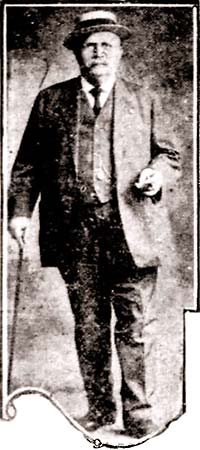
From there a renewed Thalheimer migrated to Reading to establish himself as an
entrepreneur. He opened a dancing school first, then an organ factory. The
breakthrough came with cigar boxes. Manufacturing them brought wealth and
prestige, and seats on Reading’s Board of Trade and Chamber of Commerce.
But Thalheimer never lost touch with fellow veterans. Newspapers reported on
his leadership in the local Andersonville survivors association and his hiring
of a half-dozen aging or disabled Civil War vets for light work at his factory
(a number that grew to fifty men). He lobbied senators on behalf of an 1890
bill broadening veterans’ pension rights, saying that “he himself is not
dependent on the bill but he speaks for many who are.” Further, he offered his
G.A.R. post a tract of land and the stones to erect a soldiers monument on the
western slope of Reading’s Mount Penn, and donated another tract for
construction of an “old man’s home.”
Thalheimer retired in 1911 and died twelve years later at age 81. His obituary
in the Reading Times lauded him as “one of the city’s public spirited
citizens.”
Isaac Horner
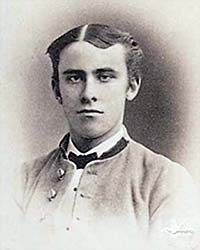
In early 1864, Isaac F. Horner was a Philadelphia produce dealer residing in
Camden, married with four young children, a fifth newly born or on the way,
and a personal estate valued in 1860 at $13,000 in 2021 dollars. Nevertheless,
he enlisted in the 72nd Pa. Infantry, part of the vaunted Philadelphia
Brigade. Perhaps the 36-year-old was drawn to the brigade’s fame, or to the
late-war bounty of $575, more than his estate estimate. In any event, Horner
ended up doing hard duty—shot in the right hip at the Battle of
Spotsylvania, captured at Petersburg, sent to Libby prison and on to
Andersonville. Horner carried a small “soldier’s diary” with him to record his
ordeal, though its penciled entries became less legible as it, too, endured
rugged conditions. After nine months at Andersonville, Horner made his way
north and was processed through Camp Discharge on July 12, 1865. He rejoined
his wife Lydia and their five children in Camden, N.J. Their family grew to 7
children by 1872.
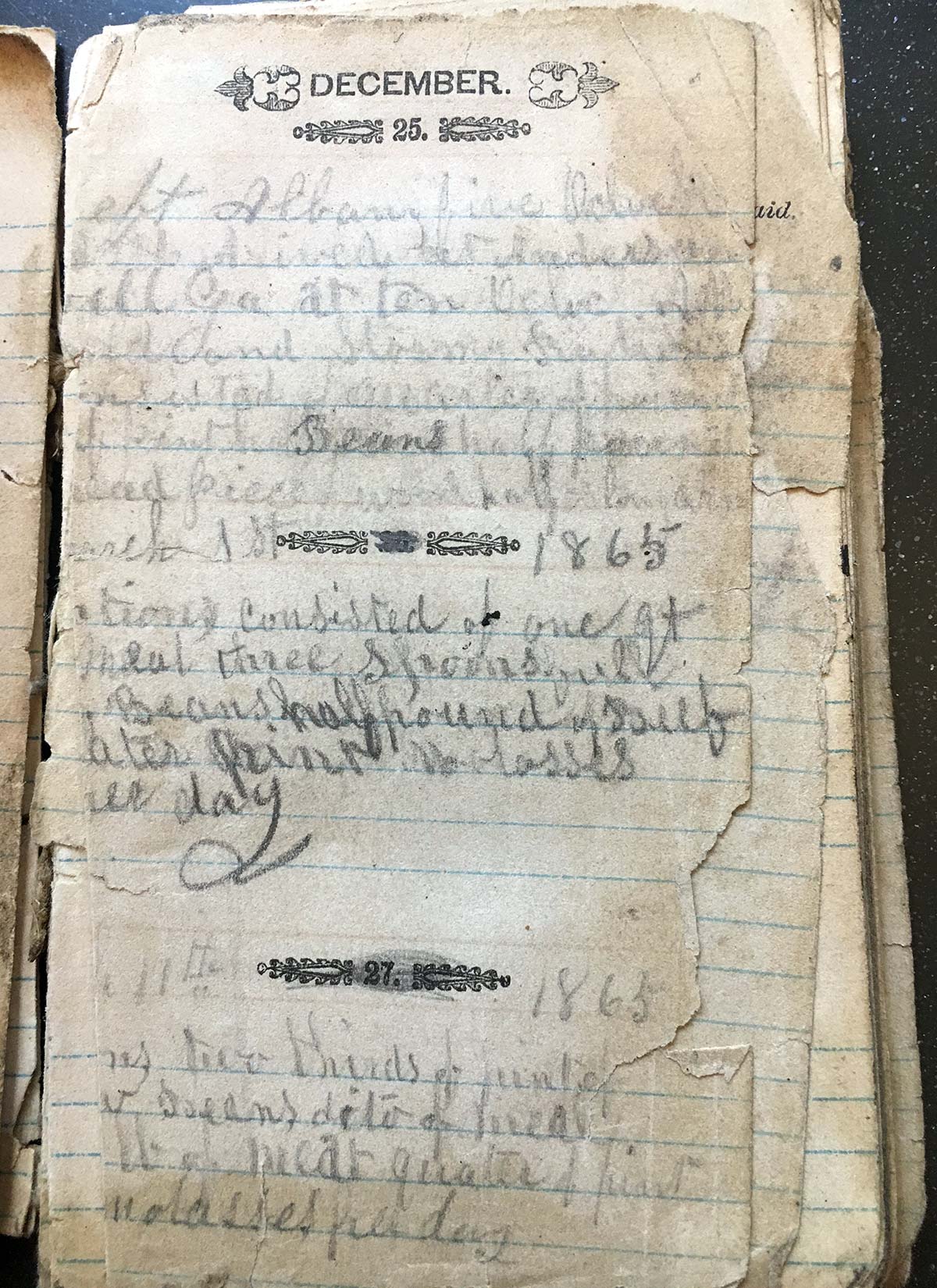
Andersonville. National Archives
Then on December 12, 1879, Horner vanished. His family received two letters,
from Harrisburg and Columbus, Ohio, that advised against trying to track him
down, then silence. Lydia struggled financially in her husband’s absence, and
in 1890 applied to get a widow pension. She was denied because she couldn’t
establish if he was alive or dead.
Yet Isaac Horner was very much alive. He had boarded a train with $300 ($7,800
in 2021 dollars) borrowed from his brother and mother. After a year of
wandering, he took on a new existence in rural Thornville, Ohio, 30 miles east
of Columbus. Lydia would know nothing of his whereabouts until she opened a
1901 letter that disclosed the recent death of her husband. The writer,
William Neel, explained that Horner had come to live with the extended Neel
family in Thornville in 1881. “Isaac was one among us and perfectly at home at
either of our Houses,” Neel wrote. Horner worked on the Neel family farms,
sawmill and brick and tile factory, and helped to care for William Neel’s
aging parents. But then, in the winter of 1901, he fell ill and died of
pneumonia.
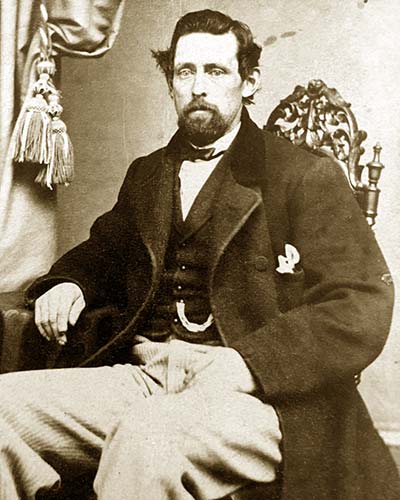
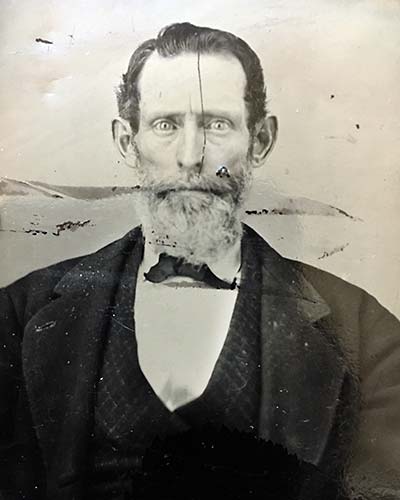
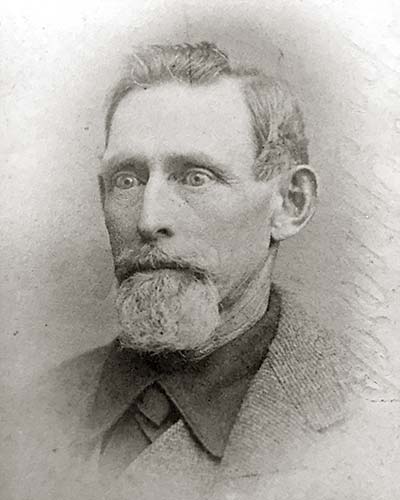
pension file. National Archives
Had Horner confessed his secret to the Neels? Did they stumble upon it later
in his papers? Either way, in a round of cordial letters, William Neel and the
Horners exchanged photographs of Isaac, as well as invitations to visit one
another. The Neels submitted affidavits in support of Lydia Horner’s renewed
widow-pension claim. She was being cared for by her adult children by then and
died in Camden in 1906 at age 78. There is no record that she ever received
the pension.
In Their Own Words
Later in life, a handful of Camp Discharge soldiers wrote memoirs of their war
experiences. Click on the four men’s photos below to be redirected to their
individual memoirs, which are posted online.

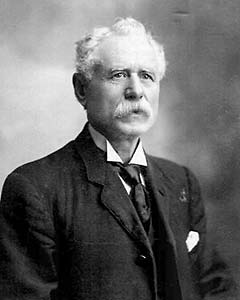 Pvt. Michael
Pvt. Michael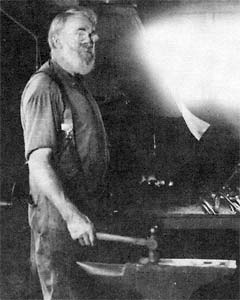 Pvt. Aaron E.
Pvt. Aaron E.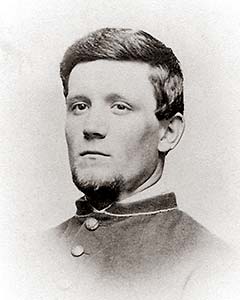 Sgt. John J.
Sgt. John J.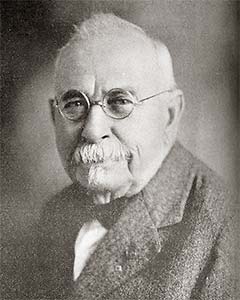 Pvt. Samuel B.
Pvt. Samuel B.